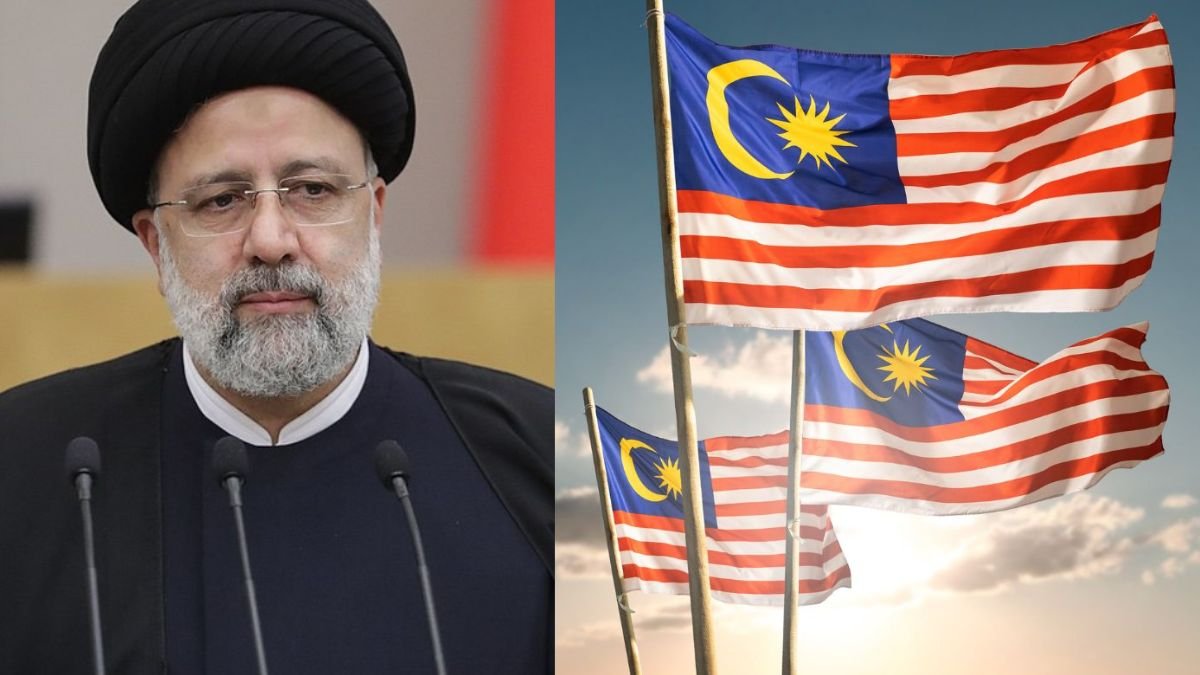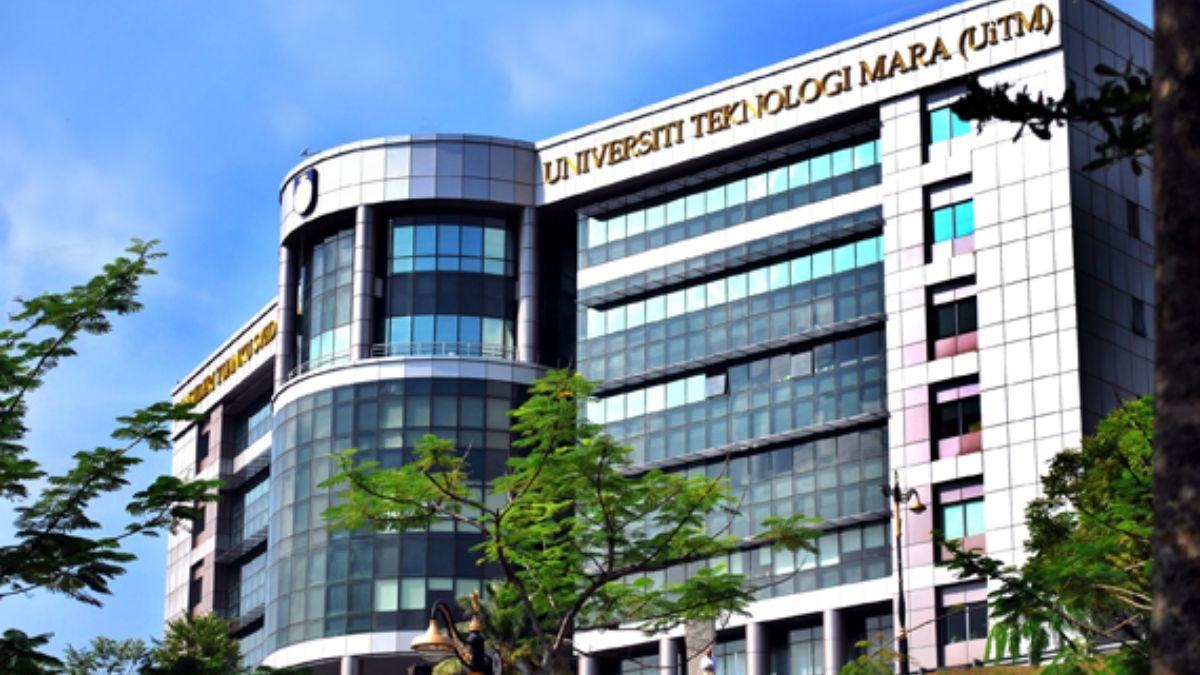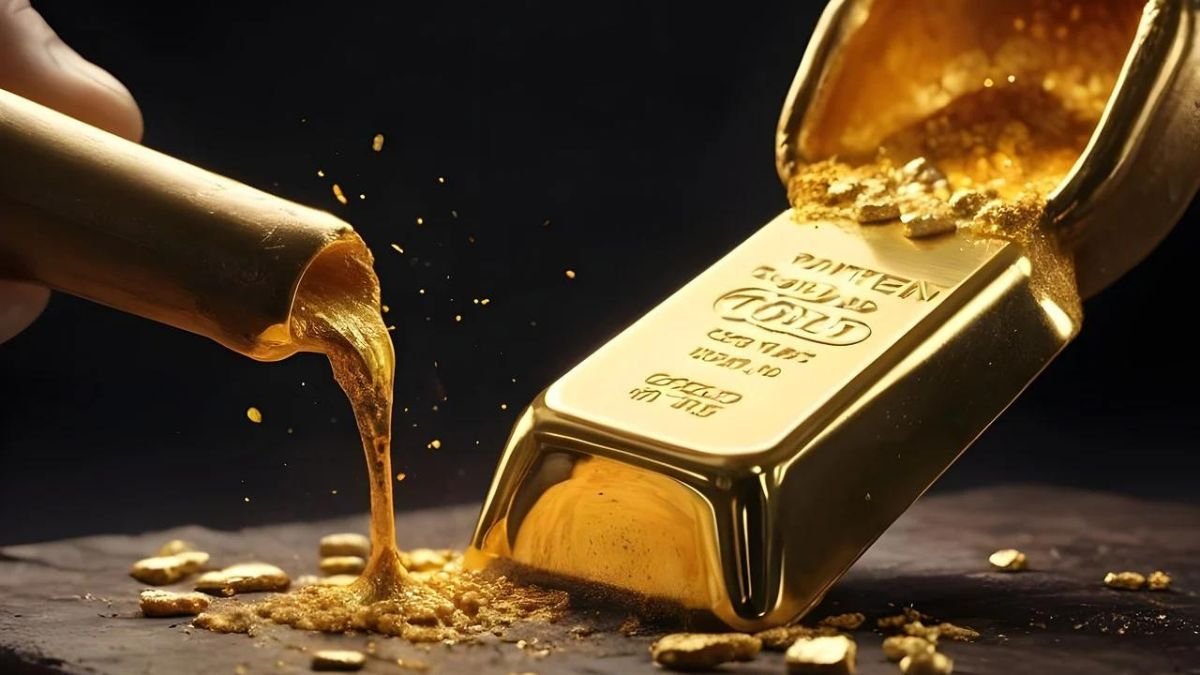Kuala Lumpur: Malaysia has close ties with Iran and the two countries have continued to develop their economic relations: Iran is currently Malaysia’s third largest trading partner in the Middle East, after the United Arab Emirates and Saudi Arabia. More importantly, Malaysia has long been one of the few countries that Iranian citizens can visit without a visa, a policy that has encouraged some 200,000 Iranians to settle there, including businessmen, tourists and students at English-language universities.
Iran-Malaysia ties refer to the current and historical relations between Iran and Malaysia. Iran has an embassy in Kuala Lumpur and Malaysia has an embassy in Tehran. Both countries are members of the Organization of Islamic Cooperation (OIC) and the Non-Aligned Movement (NAM) and have used these forums and bilateral relations to build political ties.
History
Relations between the two countries have existed since Malaysia’s independence. Although Persian influences have existed in the Malay Peninsula for much longer, traces of these influences were discovered centuries ago during trade in Lembah Bujang and Malacca, as well as traces of Persian literature in the Malay language.
Economic relations
The two countries have collaborated on several major industrial projects, many of them in the energy sector. As of early October 2007, Iran and Malaysia were working on a comprehensive multilateral oil refining agreement with Venezuela in Syria. In December 2007, the two nations signed a $6 billion contract to develop Iranian offshore gas field areas.
In February 2017, a memorandum of understanding (MoU) on the study of the gas field was signed between the National Iranian Oil Company (NIOC) and the Malaysian company Bukhary International Ventures (BIV). The two countries integrated their banking operations and also agreed to use local currencies along with the Chinese yuan and Japanese yen in bilateral trade. In 2015, there were approximately 5,000 Iranian students in Malaysia, while there were only 15 Malaysian students in Iran.
Why was Ebrahim Raisi important to Malaysia?
Late Iranian President Ebrahim Raisi and former Malaysian Foreign Minister Zambry Abdul Kadir last year and discussed the development of economic relations.
In a meeting with Malaysia’s Foreign Minister, Raisi said the long-term strategic cooperation plan between the two countries opened new horizons in talks between the two countries, the Iranian president’s official website reported on August 22.
“We hope that by preparing and formulating this plan, we will be able to experience untraveled paths, especially in increasing relations and economic exchanges,” Raisi had said.
He also highlighted the very good capabilities of Iran and Malaysia and the need to develop bilateral ties, particularly in the areas of trade, industry, agriculture, science and technology and culture.
For his part, the then-Malaysian Foreign Minister described Iran as a very important partner of his country in the region and in the World of Islam, stressing that his country will never recognize the cruel US sanctions against Iran.
Abdul Kadir called for a boost in bilateral relations with Tehran, particularly in the fields of agriculture, medicine, and science and technology.
In a meeting with the ex-Malaysian foreign minister on the same day, Iranian Parliament Speaker Mohammad Baqer Qalibaf said Iran was committed to establishing “effective” relations with the Association of Southeast Asian Nations (ASEAN).
Qalibaf also called for resolving air transportation problems between the two countries to facilitate travel for businessmen and tourists.
Abdul Kadir also met his Iranian counterpart Hossein Amir-Abdollahian. They discussed bilateral, regional and international issues, reached an agreement for prisoners swap, and concluded economic agreements.
Iran is Malaysia’s eighth-largest trading partner and eleventh-largest exporter among West Asian countries. Total trade between the two countries saw an increase of more than 40% in 2022.
ALSO READ: Who was Ebrahim Raisi? All you need to know about Iran’s controversial President




